BSD
Suka 13a.
1 – Our Gemore discusses types of סכך that have a foul odor. One is prohibited from using it, least one will not be comfortable and simply walk out of the Sukkah!
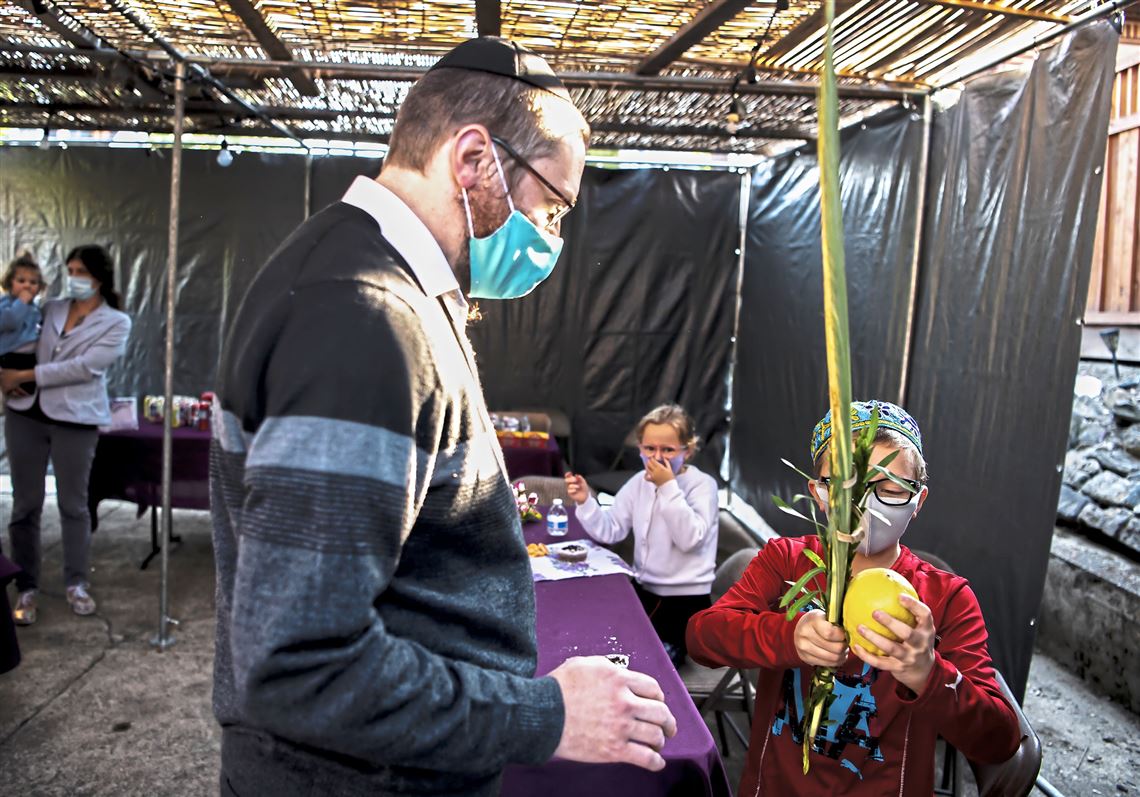
We discussed if this rule applies to the walls as well.
2 – The next topic was using סכך that dries out and falls into the סוכה. As above, one may not use it. That is לכתחילה. However בדיעבד, it is fine. 
We discussed what בדיעבד means. If one ate in such a Sukkah he is יוצא or if one built such a Sukkah he may use it.
See here the Alter Rebbe. 629, 21.
כא יש דברים שאסרו חכמים לסכך בהן קמז לכתחלה קמח והם מיני עשבים שריחם רעקמט אע”פ שאינן ראויין לאכילה ואין מקבלין טומאה קנ וכן מיני סנה שעליהן נושריןקנא תמיד אע”פ שלא בשעת הרוח קנב לפי שאנו חוששין שמא מתוך שריחן רע או מתוך שעליהן נושרין יצא מן הסוכה קנג ואם עבר וסיכך בהן כשרה קנד ומותר לישב בה לכתחלה קנה:
3 – Our Gemara diverges and discusses an interesting topic regarding linguistics.

Briefly – The Torah obligates one to eat מרור on Pesach.
What is מרור? Rashi in Chumash (Shemos 12, 8) writes that ‘any bitter herb’ is considered מרור.
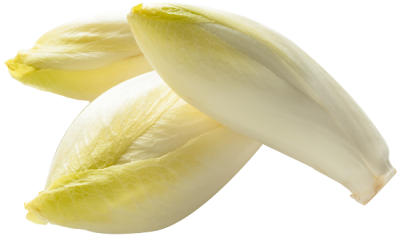
However, the Mishna in פסחים enumerates the exact five herbs that are classified as מרור.

ואלו ירקות שאדם יוצא בהן ידי חובתו בפסח: בחזרת ובעולשין ובתמכא ובחרחבינא ובמרור.

Meaning that wasabi or jalapenos would not be considered מרור.

Our Gemore discusses if one of the five types listed above has an added name. ‘ מרור of the lake’. Is that considered מרור or is it a different species?
Here is the Gemore from Sefaria, a bit modified.
Rav Ḥisda said that Ravina bar Sheila said: With these מרור of a marsh, a person fulfills his obligation on Passover. [Meaning מרור, that has an added name to it.].
The Gemara raises an objection to this opinion. With regard to every mitzva that requires use of אזוב – hyssop, such a for the פרה אדומה, one needs to use only standard hyssop, not an אזוב that has an added name to it. Such as Greek אזוב, nor stibium אזוב, nor desert אזוב , nor Roman אזוב, nor any other kind of אזוב whose name is accompanied by a modifier.
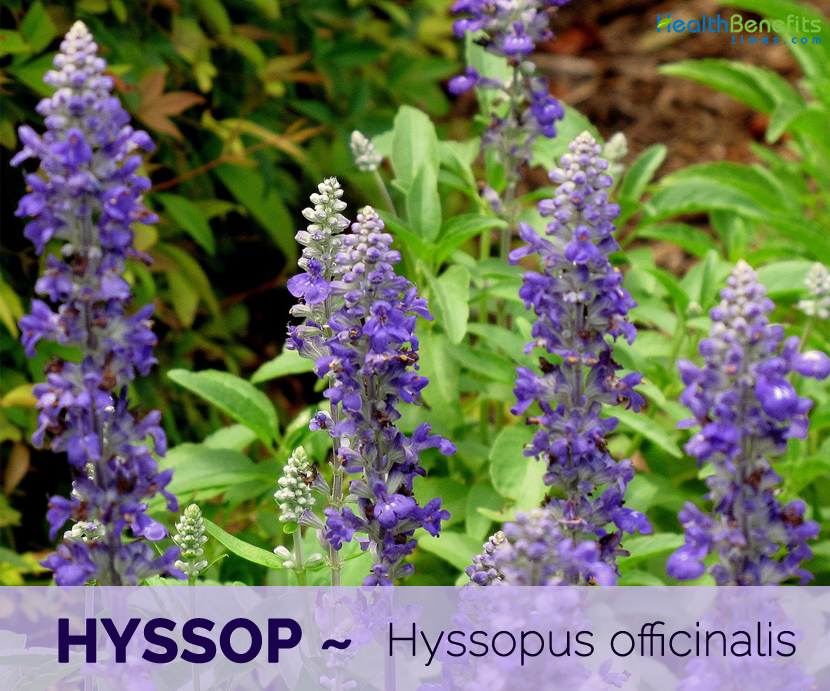
The same should hold true for the mitzvah of bitter herbs מרור; ‘מרור of the lake’, whose name is accompanied by a modifier- the lake– are not the bitter herbs mentioned in the Torah.
Abaye said in response: There is a distinction between the cases. Every species whose name was differentiated prior to the giving of the Torah, i.e., the distinction between its different subspecies predated מתן תורה at Sinai, and the Torah then came along and was particular about one specific subspecies, it is known that the chosen species has other subspecies identified with a modifier that are unfit for use in fulfilling the mitzvah.
On the other hand מרור, the different types of the 5 mentioned, all their sub-names were not differentiated prior to the giving of the Torah at all; all the subspecies were known simply as bitter herbs. Therefore, when the Torah requires מרור, one may fulfill the mitzvah with all subspecies of bitter herbs.
In practice, we mentioned that in Shulchan Aruch it says that only the five types are good for מרור.
However the Rama says that if one does not have any מרור of the five types, he should use ‘any bitter herb’.

So wasabi or jalapenos would be OK.

[Unless, as Mr. Serebryanski argued, there is a difference between bitter and sharp]
The Magen Avrohom 473,16 takes issue with this and says that one should not make a ברכה on this. Reb Akiva Eiger, DV, questions our Gemore. Seems that his opinion is like the Ramo that any bitter herb is fine.
4- The Gemore above mentioned Roman אזוב that was known with that name prior to מתן תורה.
We spoke about the question of the ( תפארת ישראל ( 11,7פרה that Rome didn’t exist at that time!

When did the Italian peninsula come into being? During the time of Shlomo Hamelech. Shabbos 56b
אָמַר רַב יְהוּדָה אָמַר שְׁמוּאֵל: בְּשָׁעָה שֶׁנָּשָׂא שְׁלֹמֹה אֶת בַּת פַּרְעֹה יָרַד גַּבְרִיאֵל וְנָעַץ קָנֶה בַּיָּם וְעָלָה בּוֹ שִׂירְטוֹן, וְעָלָיו נִבְנָה כְּרַךְ גָּדוֹל שֶׁל רוֹמִי.
Rashi:
כרך גדול של רומי – שהוא מיצר לישראל והוא (איטליא) של יון :
Rav Yehuda said that Shmuel said: When Solomon married Pharaoh’s daughter, the angel Gabriel descended from heaven and implanted a reed into the sea, and a sandbar grew around it, growing larger each year, and upon it the great city of Rome was built, which became God’s instrument to punish Israel.
We, as Lubavitchers, are familiar with the reason we use יאנעווער Esrogim which grow in Calabria.
יאנעווער is the Yiddish translation of Genoa, the port from which Esrogim from Calabria were shipped.
This is based on the Midrash concerning Esrogim from Italy. ולקחתם לכם ביום הראשון. ויצא הראשון אדמוני.
יבוא ראשון ויכפר על ראשון.
See here an excellent discussion of Calabria and Italia Shel Yavan.
5- Speaking of linguistics, we mentioned the heart rending story of Reb Efraim one of the בעלי התוספות.
We discussed his life and his disputes with Rabeinu Tam who was his Rebbe.
His most famous dispute is concerning חתיכה נעשה נבילה. See here. And here. 
Another dispute concerning יין נסך. See here from the אור זרוע. There is a very sharp rebuke to him from Rabeinu Tam concerning this argument. See Tosfos Avoda Zoro 34a.
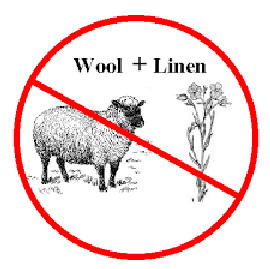
The one concerning linguistics is in regards to canvas.
In short – the Mishna states that canvas may be sewn together with wool. Meaning that canvas is not flax/linen and not שעטנז.
Reb Efraim’s opinion was that what we call canvas is not the canvas mentioned in the Mishna, which, according to his opinion, was a different material from a different plant.
The threads and material we call ‘canvas’ are indeed פשתן, flax/linen which are prohibited due to שעטנז.
He was so hurt that others argued with him that he wrote to Rebeinu Tam attempting to convince him to adopt his opinion.
See here in Tosfos. Zevachim 18b.
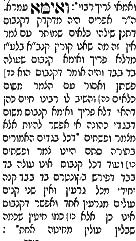
He took this very much to heart. The שיטה מקובצת adds that ‘Reb Efraim inserted into his letter to Rabeinu Tam strands of his beard that he ripped out in anguish from the fact that people wear canvas with wool’!!!

We spoke about the story related by the Rebbe concerning the Chofetz Chaim.
‘If you were truly upset… why didn’t you faint?’


See phenomenal story with Rabeinu Efraim and Rabeinu Tam. סדר הדורות 930.